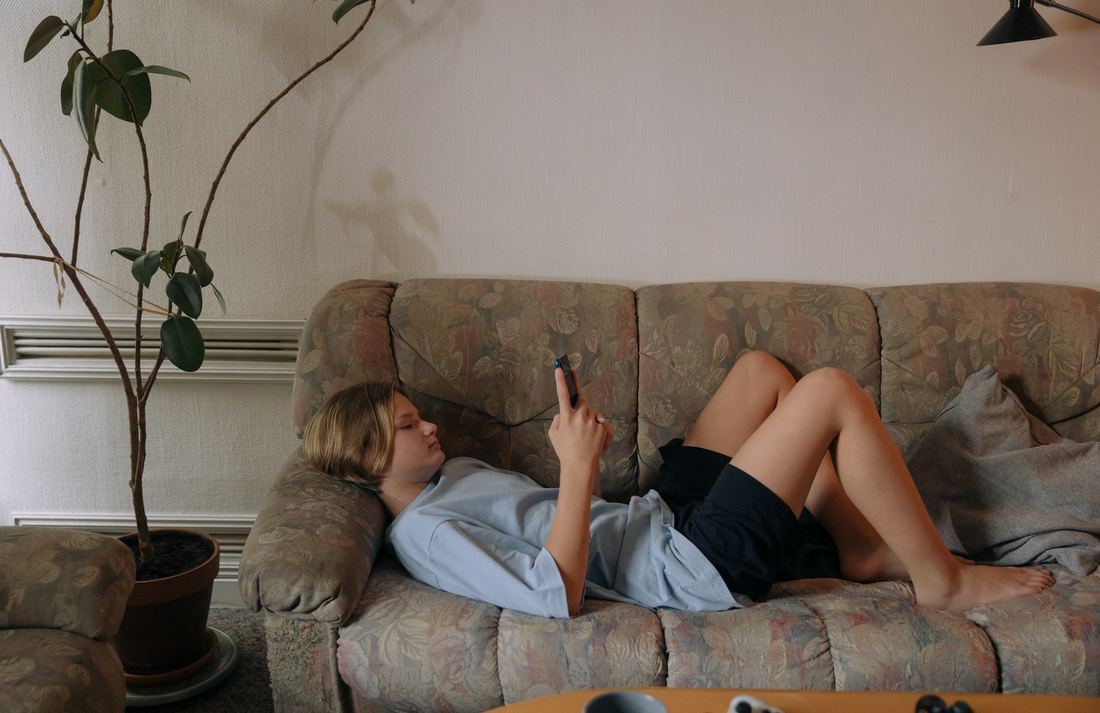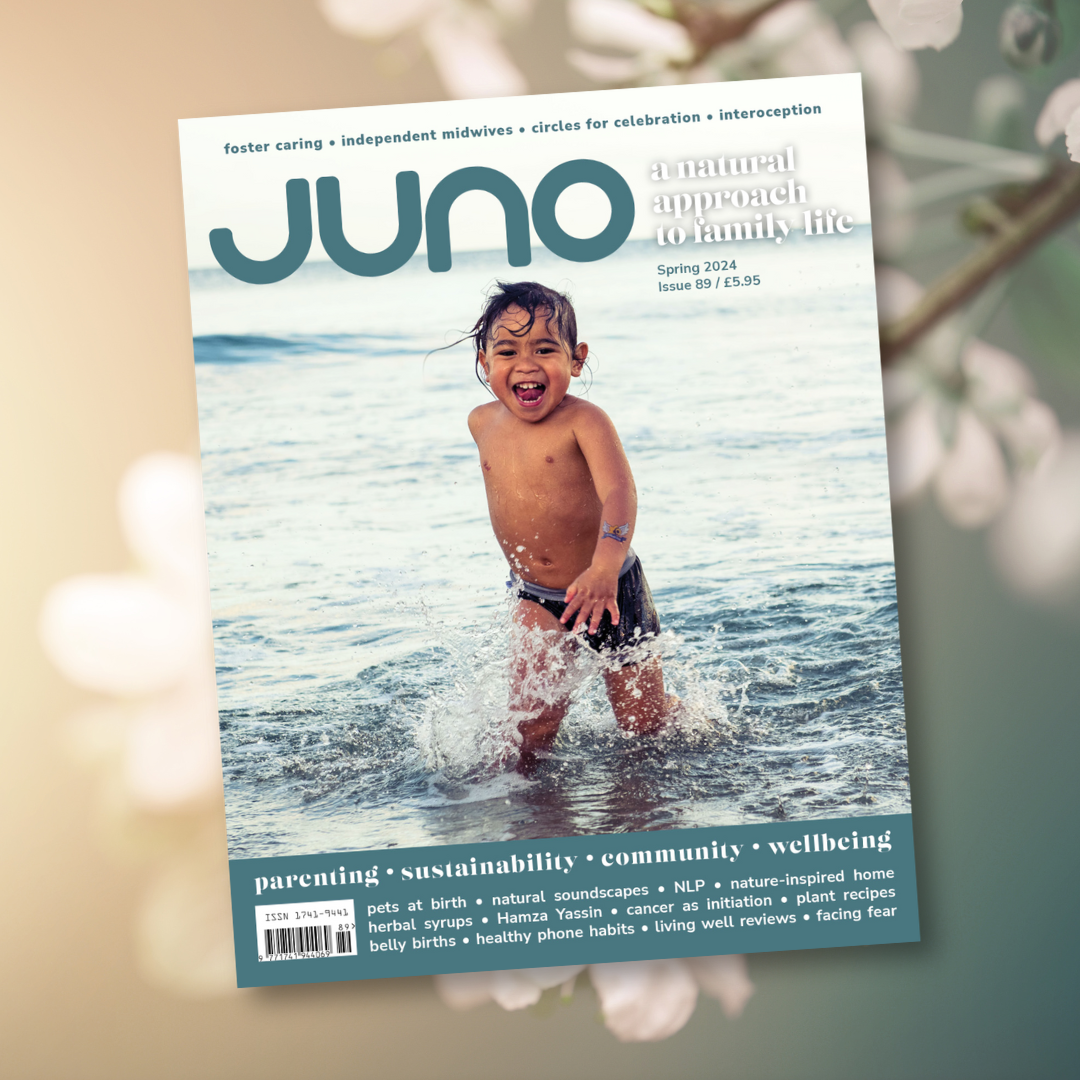For each My Teen column, I wait for a theme to arise naturally. This time, an article and a conversation led me to the topic of social media.
The first was a Facebook post regarding the increase in teenage depression and anxiety in recent times. One fact leapt off the page: “A teenager checks their social media accounts fifty times a day on average.” Fifty times! With each check, there is an unconscious and subtle comparison with others’ lives, and possible feelings of “Am good enough?” “Is my life successful?” “I wish I had that body, face, life…” The writer stated that checking social media so frequently was one of the leading reasons for anxiety.
I shared this amazing statistic with my two teenagers during dinner. My daughter piped up, “I think I look at mine about seven times.” She reeled off the times that checking her account fits into her day. I continued with the article’s findings, stating how easy it is to unconsciously fall into the trap of comparing our looks and lives with others’, and we both considered whether we do this.
The following day my daughter chimed up, “I kept score today and it was just seven times.” I also became aware of my own social media use. Awareness is key. My son shared the new Apple update, which provides screen time statistics. To become more aware of the number of times we look at our phones and use social media, we have been comparing notes each night.
During the teenage years, social media may be requested. If used in the right way, it can enhance the sense of connection and belonging with peers. I also enjoy social media, particularly Facebook, as it is a way to connect with my parents overseas.
However, there are many risks, so family conversations and strong guidelines are required. The following are some general ideas that have come up in my family around social media awareness:
- Do not glance at phones during mealtimes, but focus on real conversations instead. This is a general rule that we have followed for years.
- Discuss in a non-judgemental way how addictive screen time can be. Consider that people do not post their ‘bad’ photos: social media is edited ‘real’ life. I once heard that a well-known social media star takes a hundred shots of the same thing just to post one picture.
- Share how easy it may be to text negative words rather than say the words to someone’s face. Reassure your teenagers that you know they are not likely to do this, but still raise awareness of cyberbullying. Stress that bullying is not to be tolerated, and that if teenagers are uncomfortable with a particular trail of online chatting, they need to remove themselves from the situation, and, if the bullying is severe, tell an adult.
- Discuss online stranger danger, and warn your teenagers not speak to anyone unknown to them and not to click on any buttons or links that pop up, or any advertisements. Discuss what to do if they are contacted by someone they don’t know. Set security to avoid adult content. In the teenage years, social media accounts may be joined by parents too. Make sure that your teenagers know how to take a screen shot to show parents if they come across anything disturbing online.
- Speak about not taking or sending photos of other people without their permission, or photos of themselves that they would not share with parents. Encourage them to think about managing their digital footprint with integrity – a new boss may be checking!
- In the early days, perhaps make a blanket rule that devices are to be used only in the main living areas at certain times of the day; decide when and for how long. And that the devices are to be charged away from the bedroom at night, with a wind-down period before bedtime.
In my opinion, it is best to educate teenagers when you are considering providing a phone and a social media account. In this way rules and themes maybe discussed before they join the social online world. There can be a slow, gradual process of exposure, negotiation, rules, monitoring, as levels of maturity develop. Once education is naturally reinforced, boundaries can be extended, and older teenagers trusted to use this tool wisely.
In fact, they may even decide to have a detox themselves. A teacher shared a story from school camp: when he asked a teenage girl how her day was, her reply was, “FANTASTIC!” When he asked her why, she replied, “I haven’t had my phone, and it has been SO wonderful! I’m going to set up an event at school for anyone who wants to join me to put down social media for a week!” I think she had been enjoying the freedom from looking at it fifty times a day!
____
Lou Harvey-Zahra is a parent of two teens. She is a Rudolf Steiner, primary and special needs trained teacher and a popular parenting author. Her books include the bestselling Happy Child, Happy Home and Creative Discipline, Connected Family, both published by Floris Books and suitable for parents with children up to 9 years of age. Lou presents workshops and talks across Australia, the UK and Los Angeles. happychildhappyhome.com
Photo by cottonbro studio
____
First published in issue 58 of JUNO. Accurate at the time this issue went to print.



